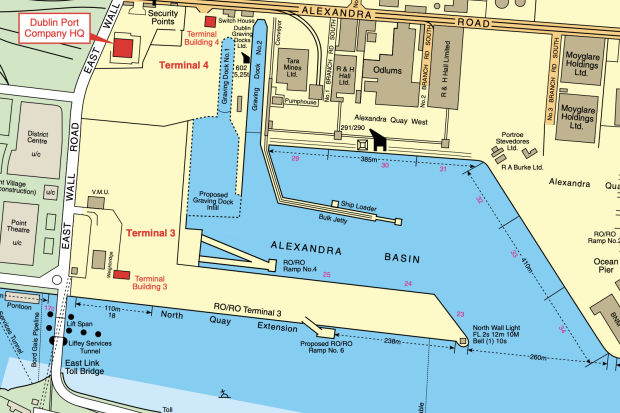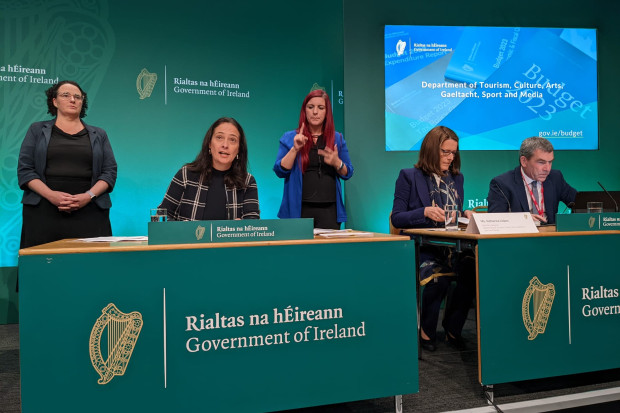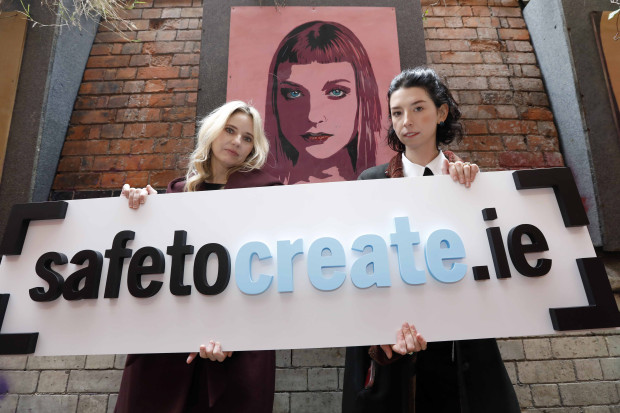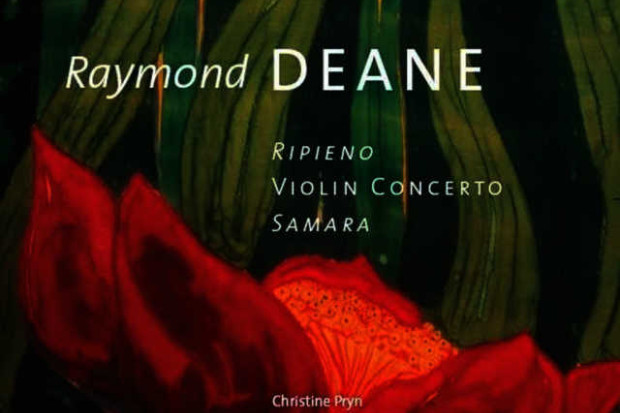
Small is Beautiful, Too
Writing in the Irish Times last week, Gerry Godley called time on the lack of direction that blights state funding of the arts in Ireland. ‘Formulating policy in an area as subjective as the arts is challenging, but we can put it off no longer,’ he wrote, arguing that twenty years of work towards creating a structure for the arts to prosper was being undone.
Filling that gap in policy for arts funding isn’t something that will happen instantly, nor should we expect it to. As Godley writes, there needs to be a process by which the people working in the various arts are consulted, and the issues openly debated.
I would hope that such a discussion would encompass a radical redesign of the way arts funding is allocated – one that moves away from the current funding apparatus, which seems designed, primarily, to uphold long-standing cultural institutions and large arts organisations at the cost of developing the grassroots of artistic activity.
Latecomers to a party
In 2006, I co-founded a music production company, initially to run an annual festival. The state funding system for music at this time appeared to be in decent condition. Still fresh to the scene, we chased for every funding opportunity we could, and within a year received our first grant from the Arts Council to produce our annual festival: €25,000 through the Arts Council’s Projects scheme.
We did find it surprising that we could go from zero to such a significant sum of money in a short space of time, yet it was not disproportionate to the work that we produced, and there was a real sense at that dizzying moment in time that anything was possible; the more ambitious the better. But we were really late-comers to a party that was about to end.
In the years that followed, we discovered the full complexity of the Irish funding model for the arts. When the knife first began to fall, in 2008, the Arts Council alone was running eleven different schemes specifically for music plus traditional arts and community music schemes. Now with a budget reduced by more than a third in six years of cuts, the system appears to be struggling to cope with this inherited complexity.
A frozen paradigm
The response by the Arts Council – the primary distributor of state funding to artists and arts organisations in Ireland – has been to continue the policy of previous years, while operating with smaller figures. This is manifested in large-scale and ongoing funding for a small number of big organisations that were established on the top rungs of the funding ladder before the crash; and a patchwork of project-based funding for small and newly-formed organisations.
In 2013 funding allocated to just eight music organisations under the holy grail of the Arts Council’s schemes — Annual Funding — averaged at just over €150,000 per recipient. At the other end of what Godley describes as a ‘food chain’ , forty-five music organisations received an average of €5,120 through the Festivals and Events scheme, a grant that supports production costs, but not runnings costs. Mobility between the Arts Council’s schemes is practically impossible, and new applications to the Annual Funding and Annual Programming grants are unofficially discouraged.
This is not to condemn the Arts Council for its response to the crisis. The institution itself immediately cut a large part of its running and staff costs, and the approach to keep the major organisations running while sparing the scraps for smaller operator – rather than redesign its funding schemes completely – should be seen as a fight to keep a sinking vessel afloat, rather than a state of paralysis.
The recent Limerick City of Culture fiasco was disturbing for a list of reasons, but especially for the way in which it highlighted the government’s attitude to funding the arts: the project’s €6 million budget is more than one tenth of the Arts Council’s annual budget for 2014, an extraordinary concentration of resources into a single venture. For that money every county in the Republic could have allocated €15,000 to up to fifteen different artists or organisations, covering many of their core costs for a year; and I’ve no doubt the money would have been better spent.
Just a leg up
It should be said that state funding is not the reason for being of an artist or arts organisation, nor should it define them. And many small companies have found ways to survive despite its absence, or piece-meal delivery in recent years. But a well-managed system of continuous or longer-form support open to everybody from the individual artist to long-established companies would be instrumental in creating the right environment for arts communities to thrive.
What most small or medium-sized production companies really need, in my experience, is not more money to stage ambitious new projects, but a steady flow of income to cover the day to day costs of operating, and employ a handful of personnel on a part-time basis. The people who run these companies, festivals and collectives are resourceful, determined and imaginative: give them even a sense of financial security for a projected period — simply a leg up – and they will find a way to create the work.
There are precedents in Ireland for this sort of thinking. Until recently, the Arts Office at Dublin City Council provided three-year seeder funding to newer organisations, before potentially moving them to a firmer revenue stream. This model has been discontinued, but the same office is currently making an attempt to put artists and arts organisations in vacant buildings, brokering cheap rents with landlords.
This specific example is on a very small scale, but you get the sense that a system-wide shift in the funding structure towards more continuous support for smaller operators would more materially change the way our arts communities work.
Published on 7 February 2014
Benedict Schlepper-Connolly is a composer and a director of Ergodos, a production company and record label. schlepperconnolly.com

















